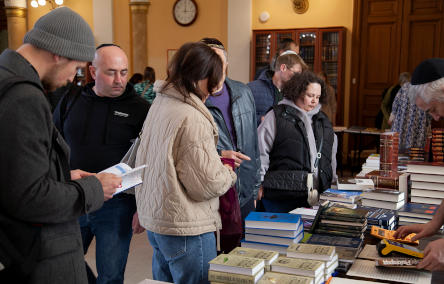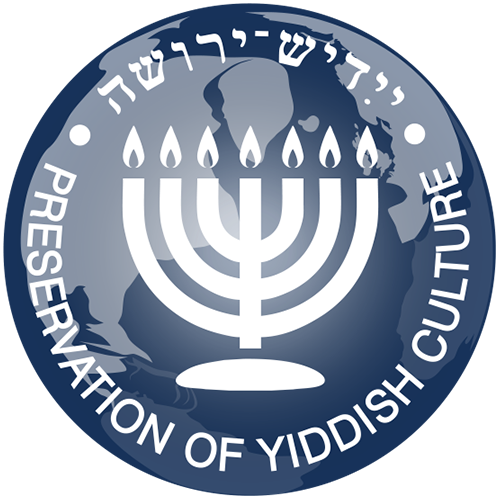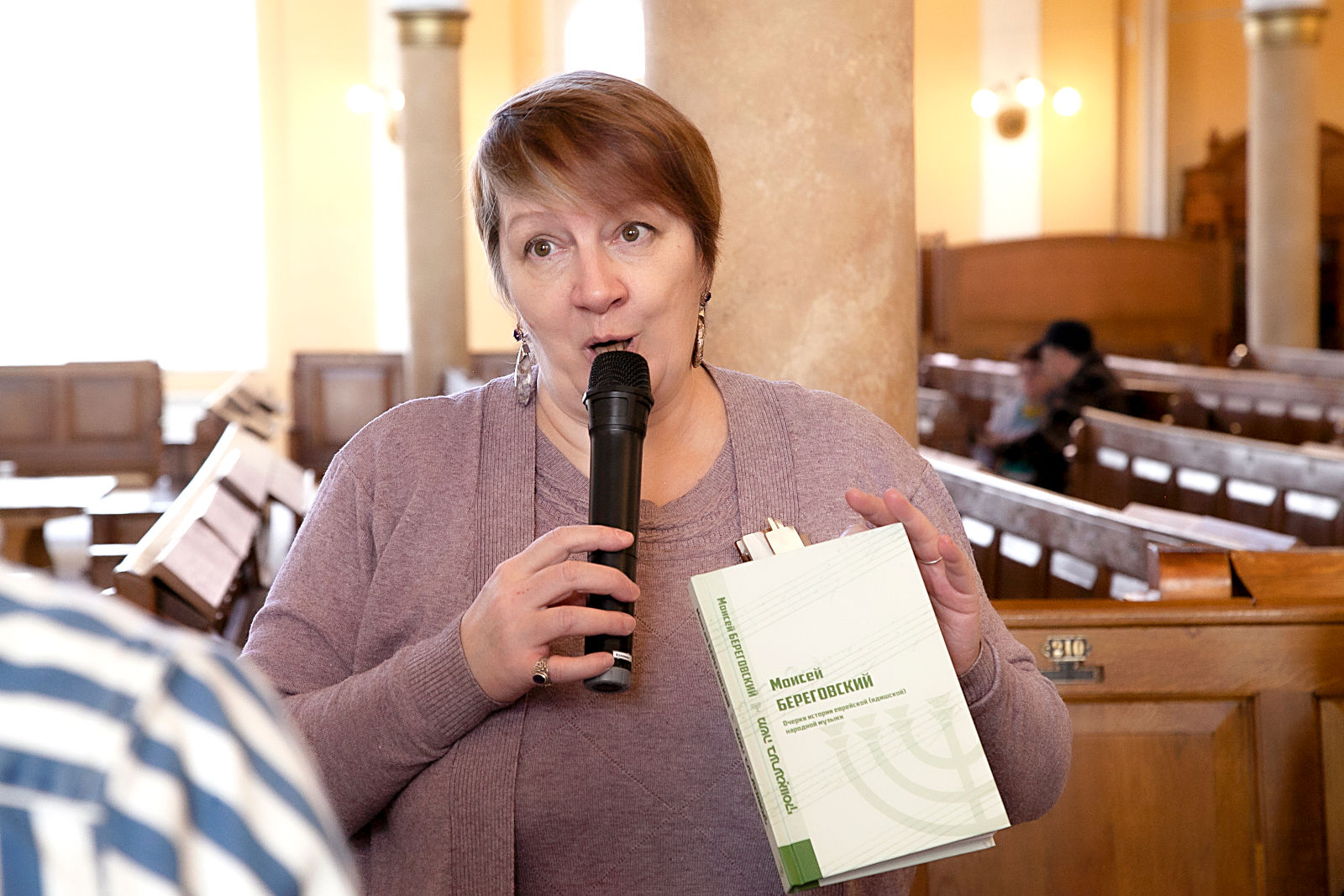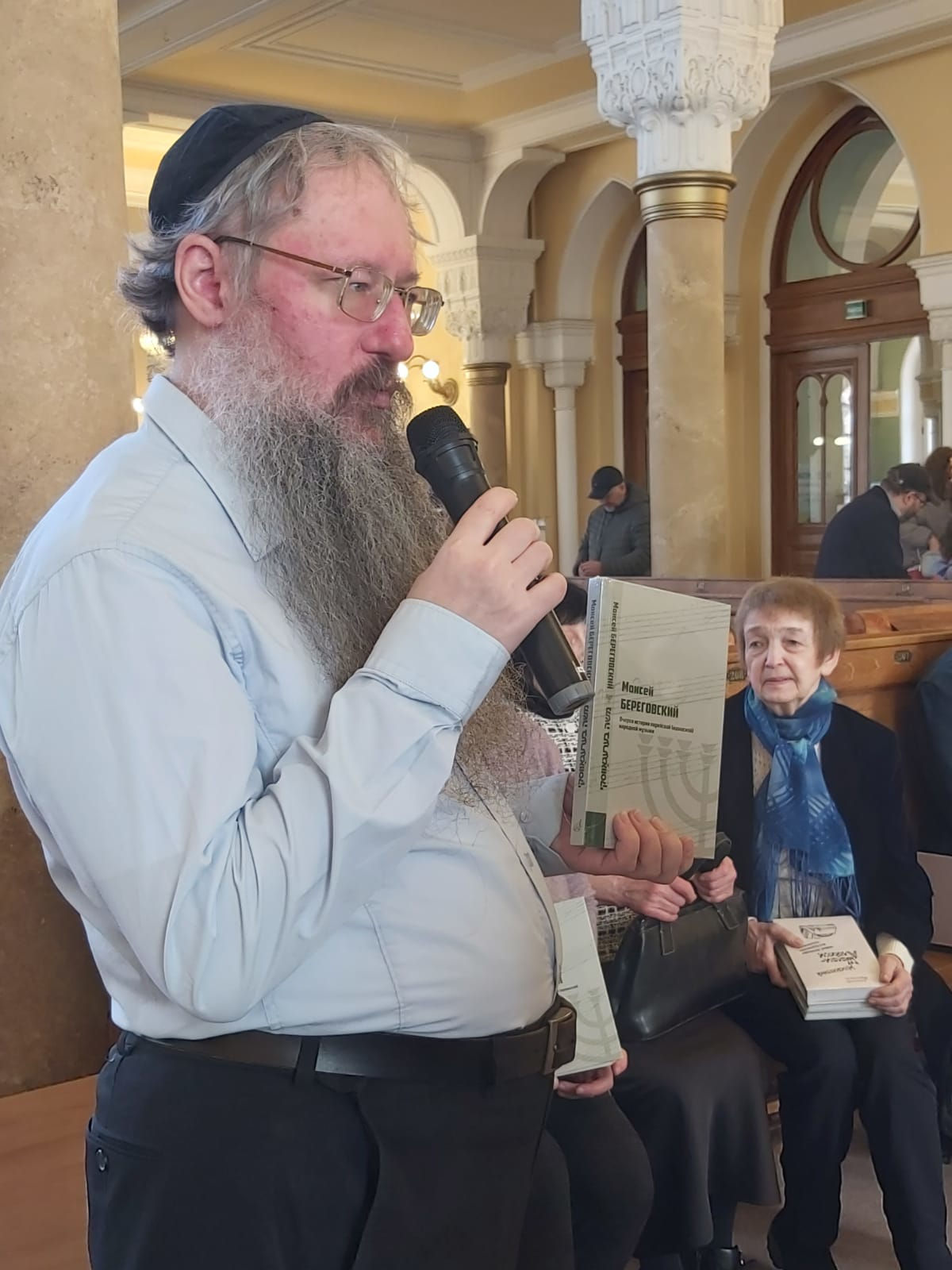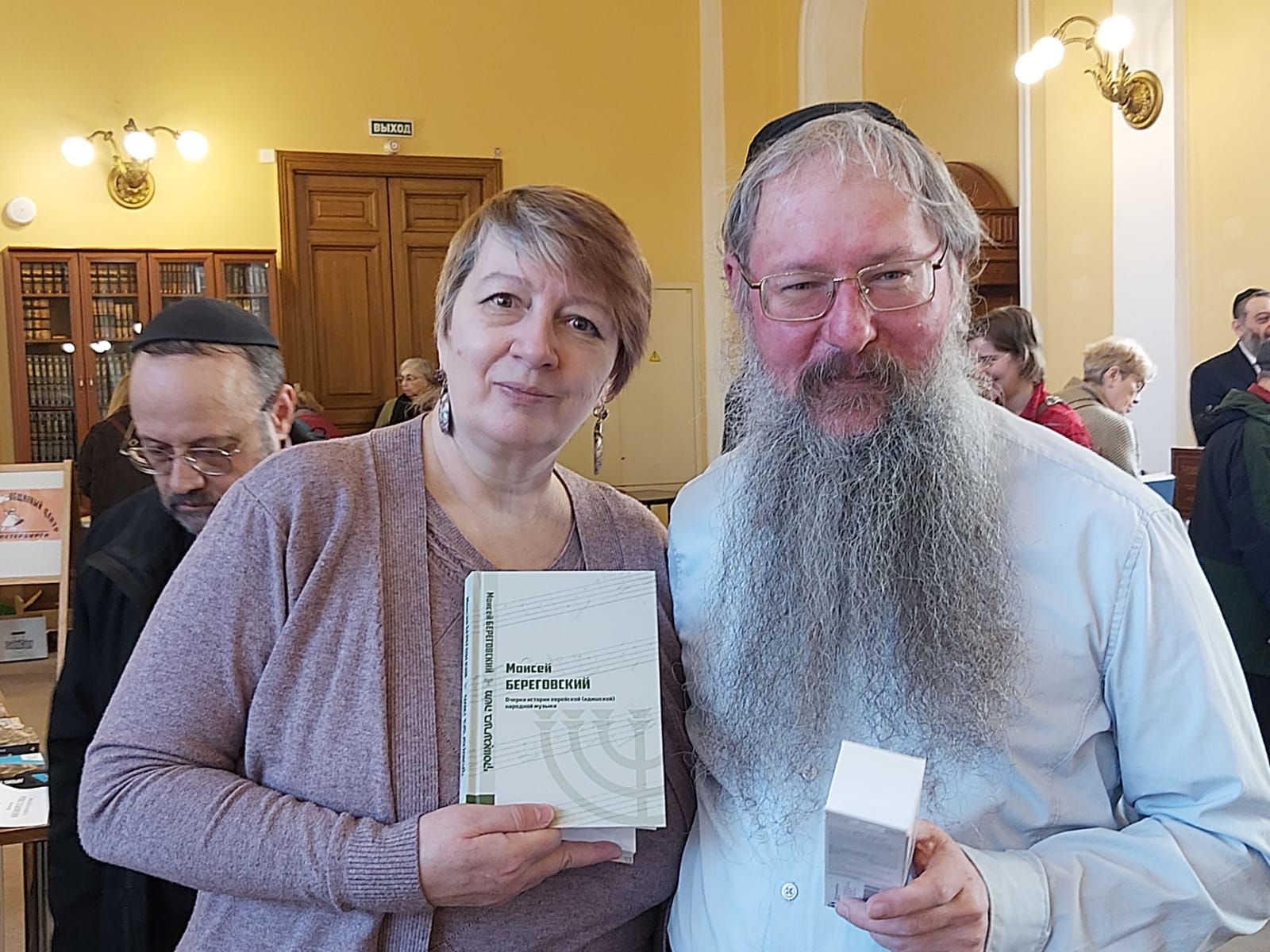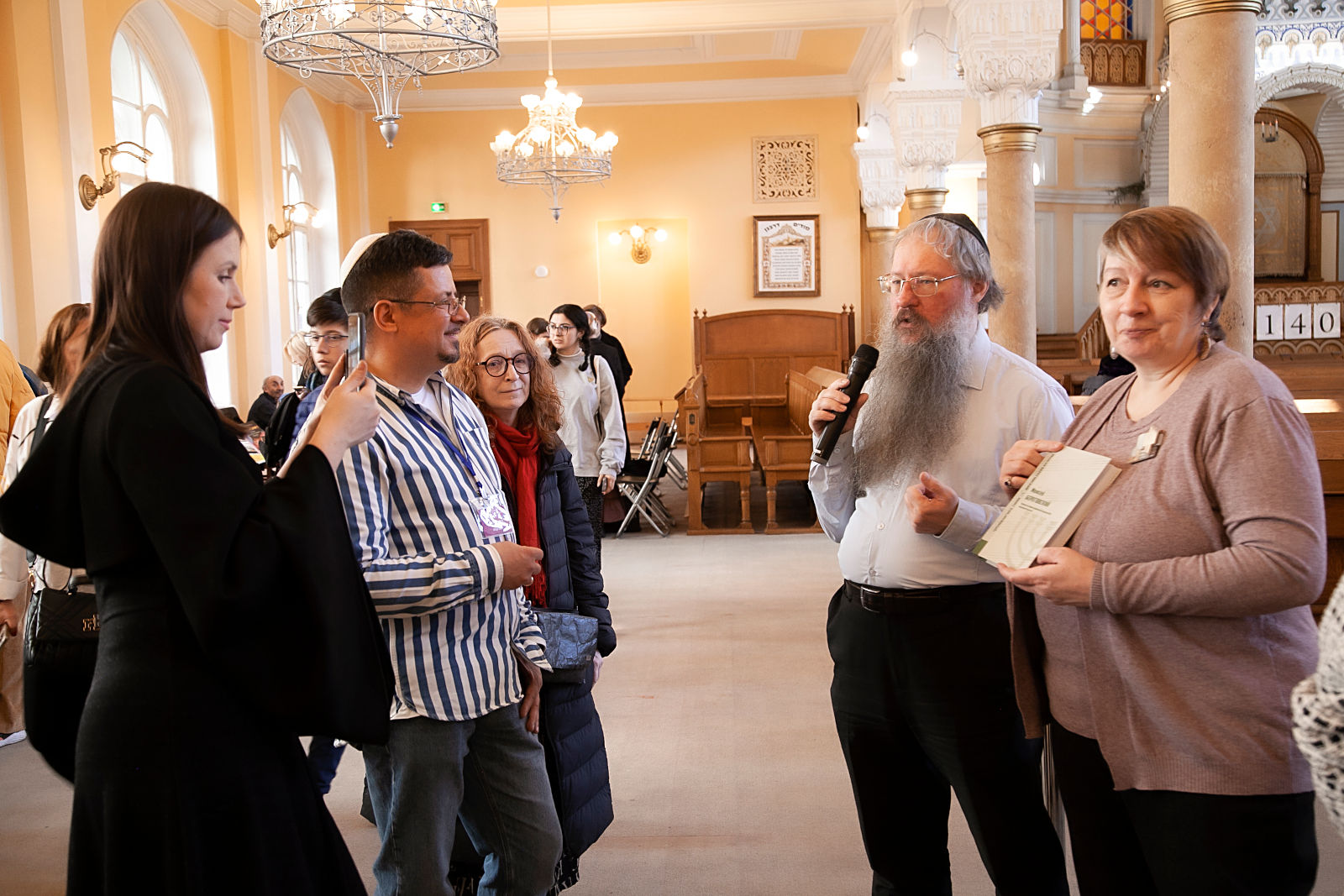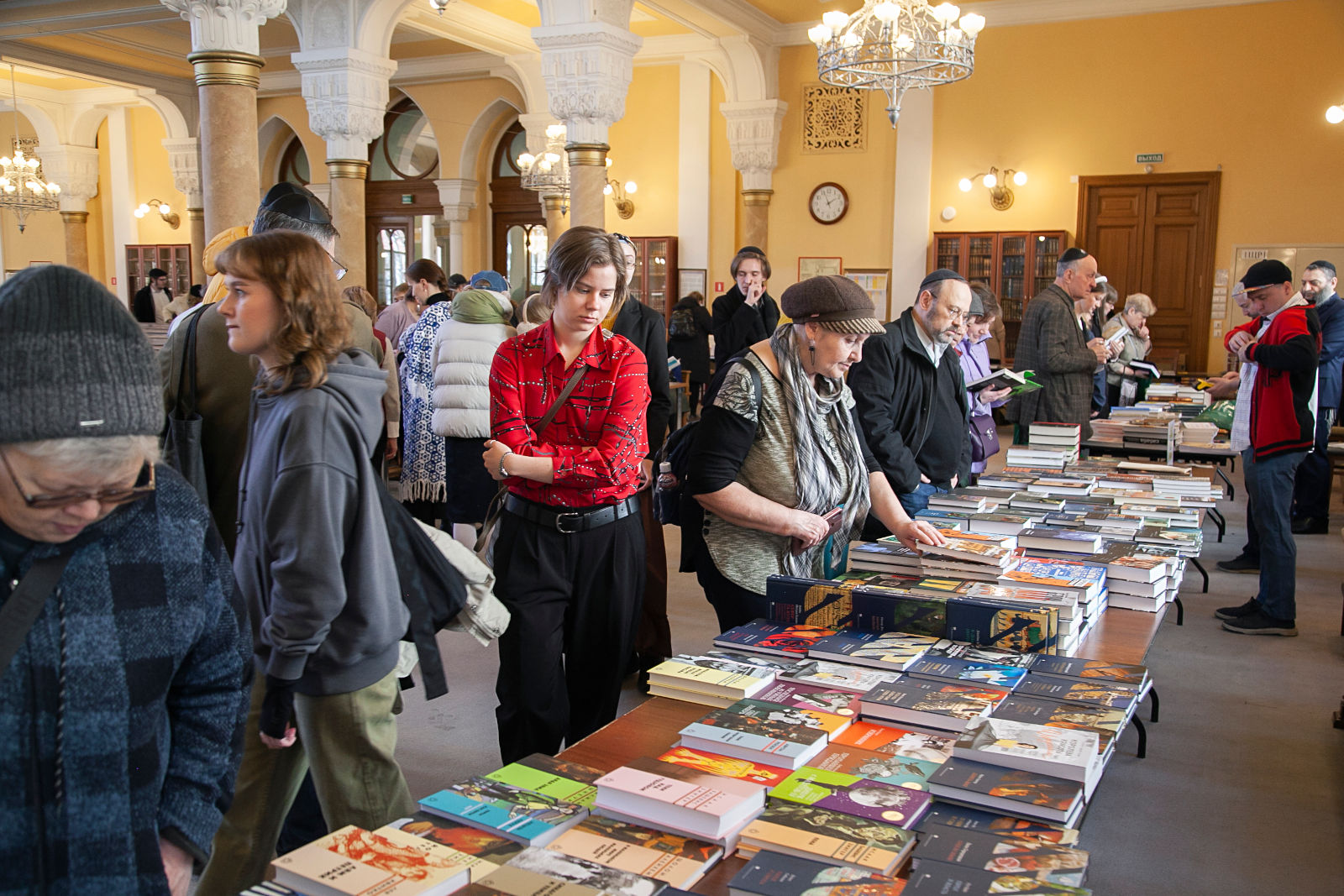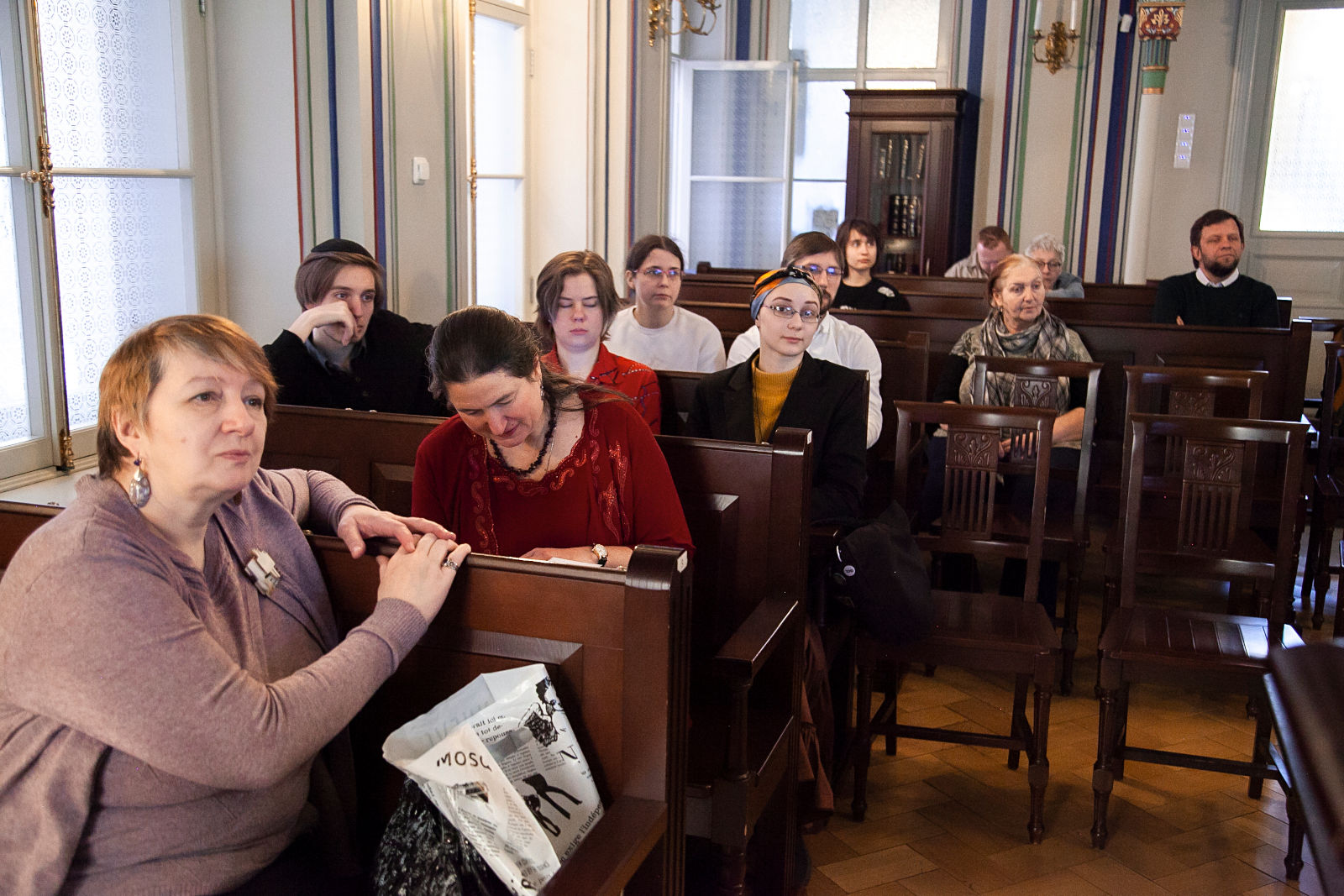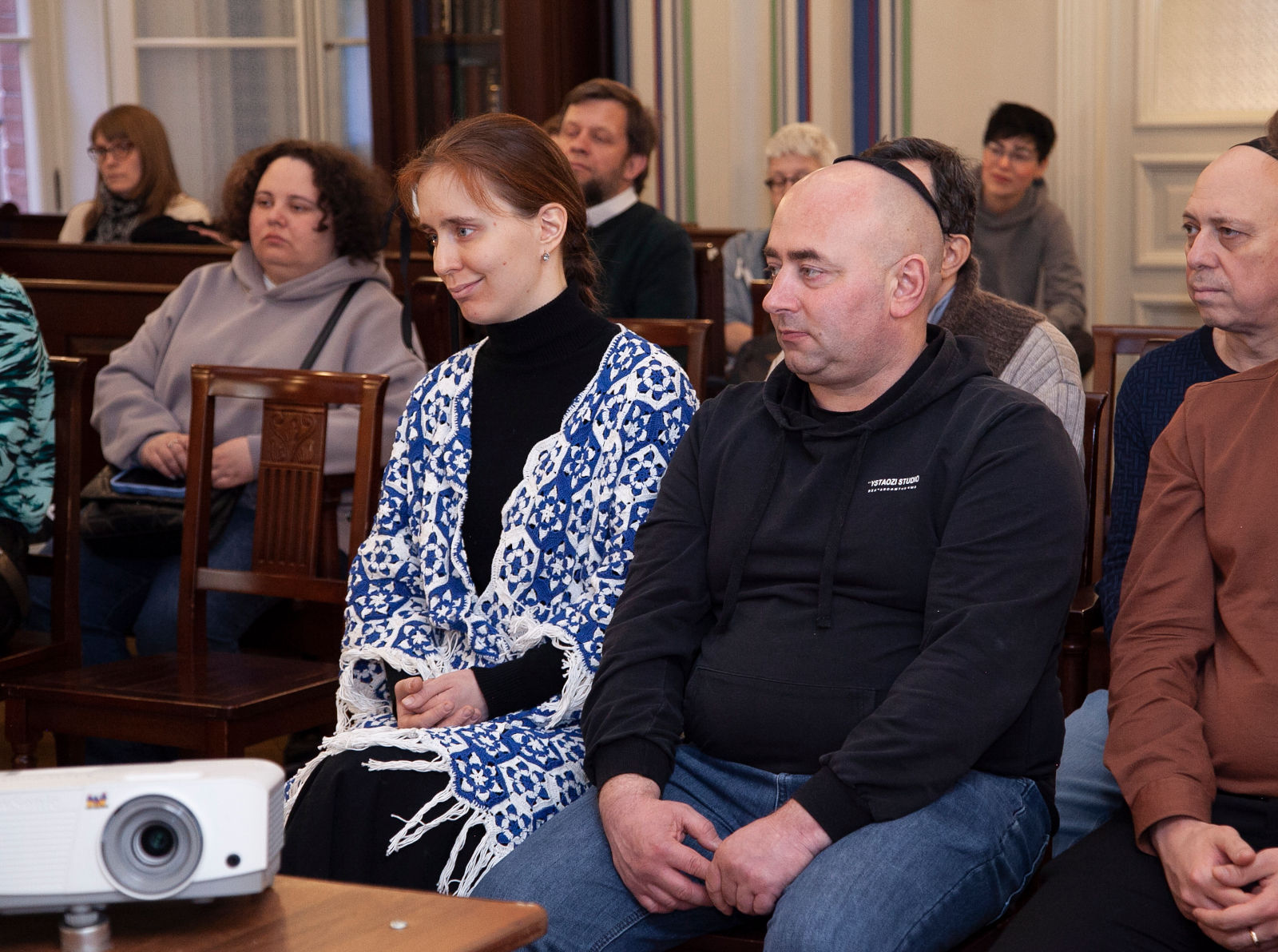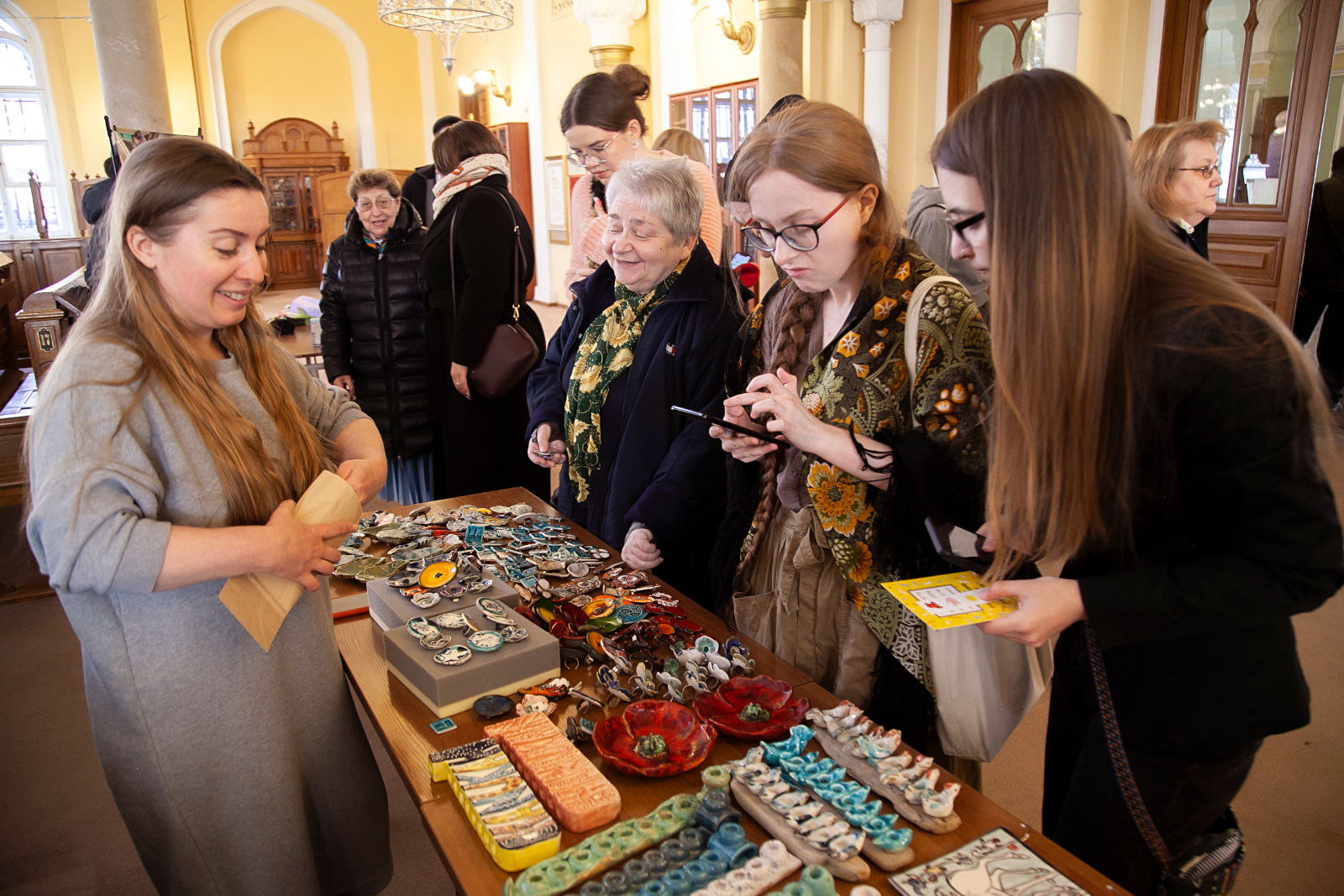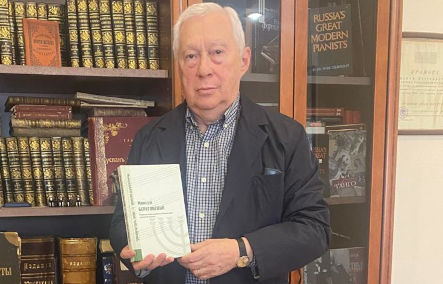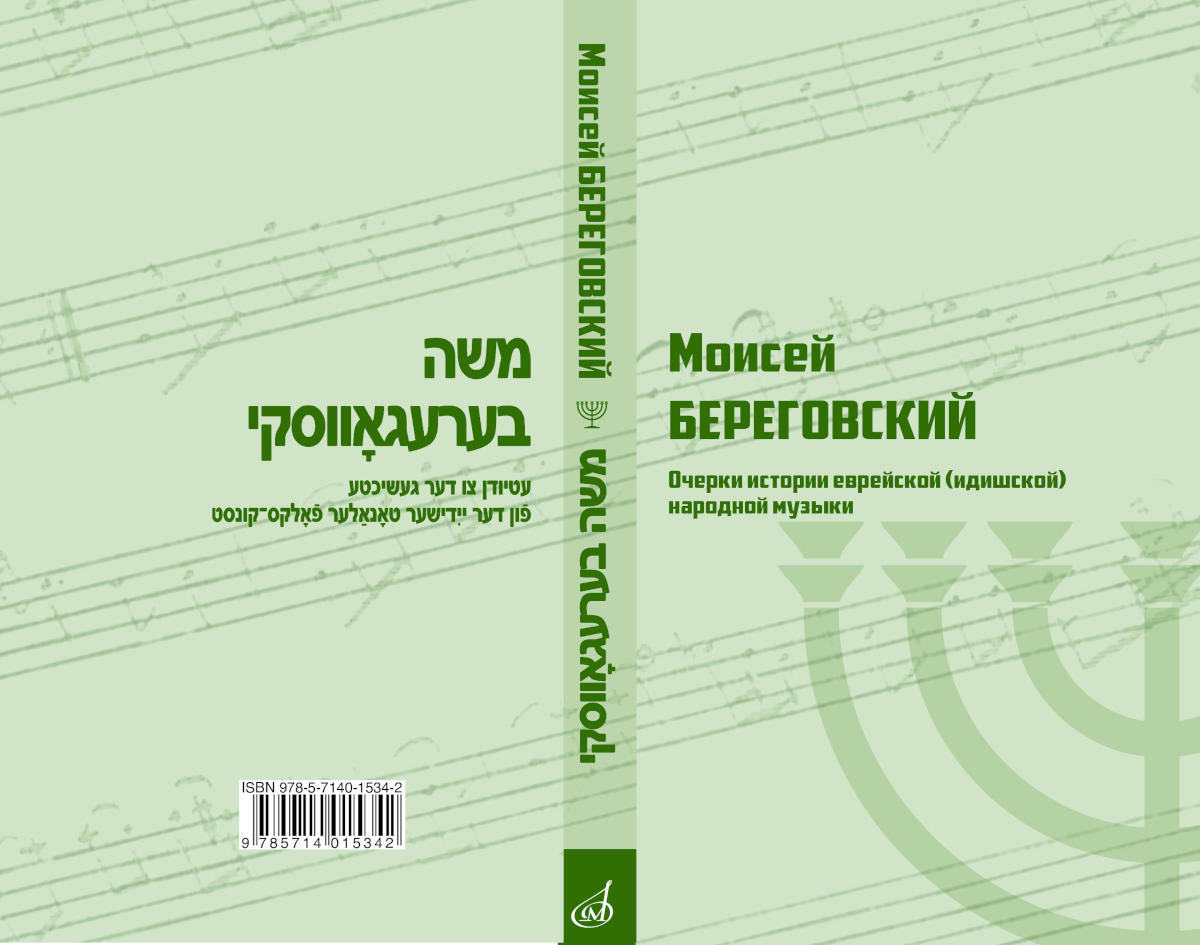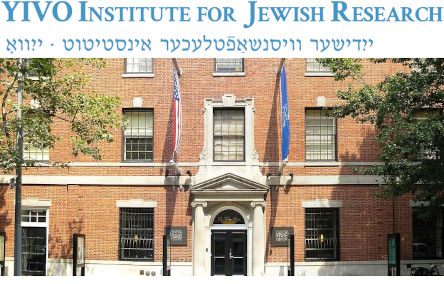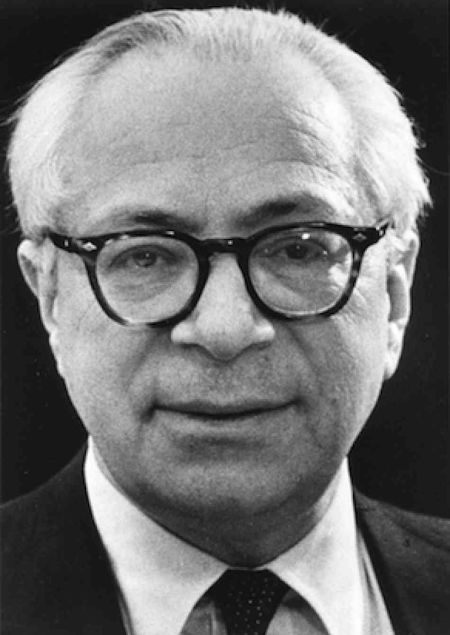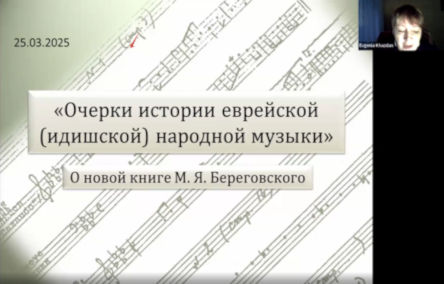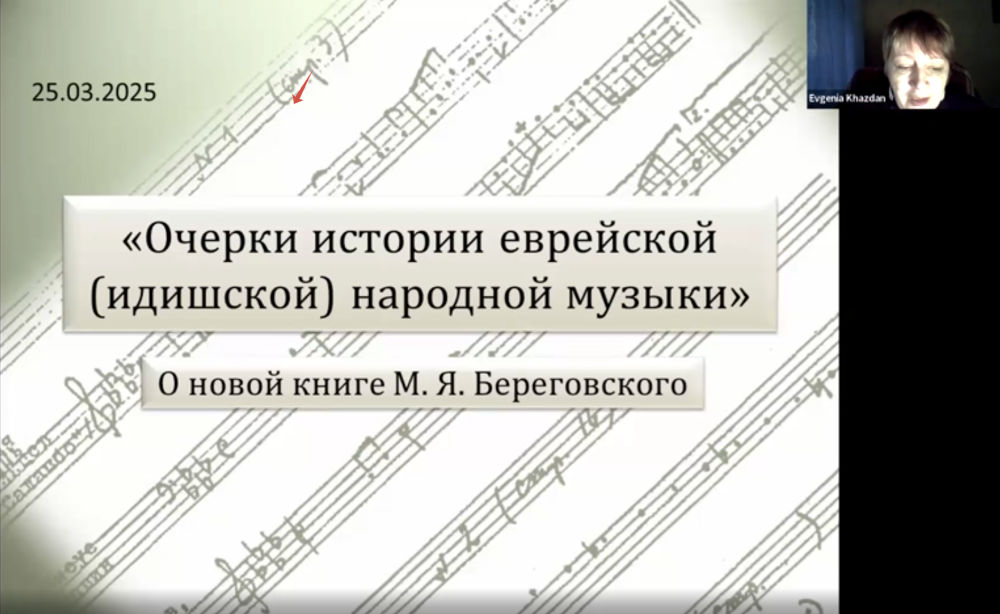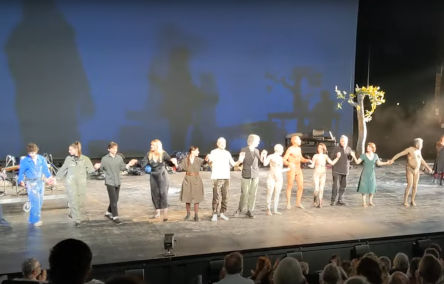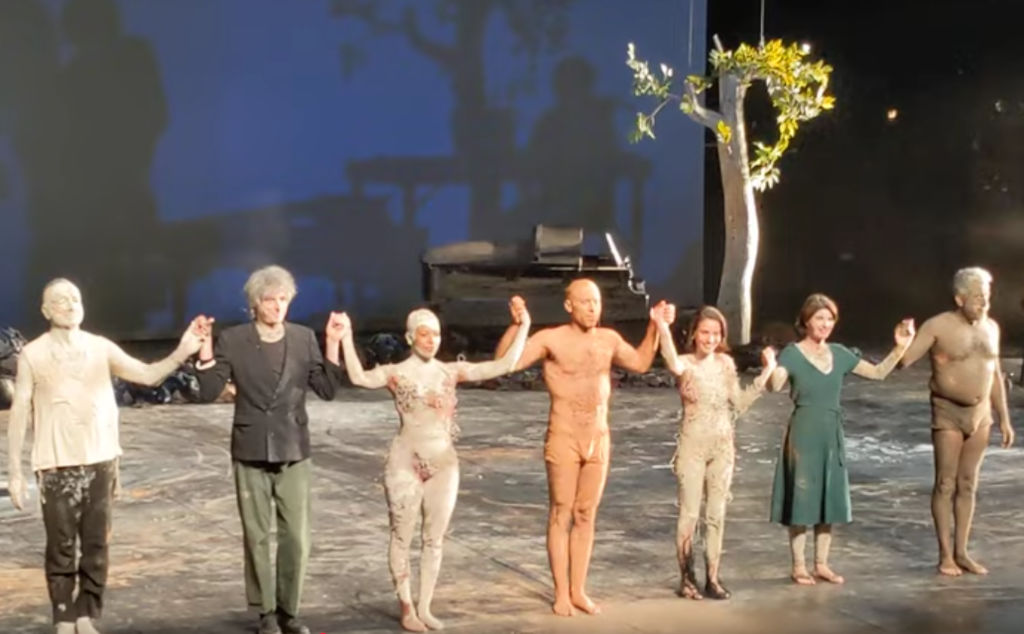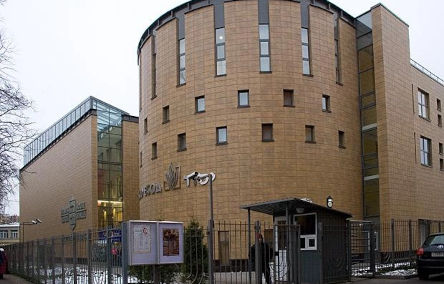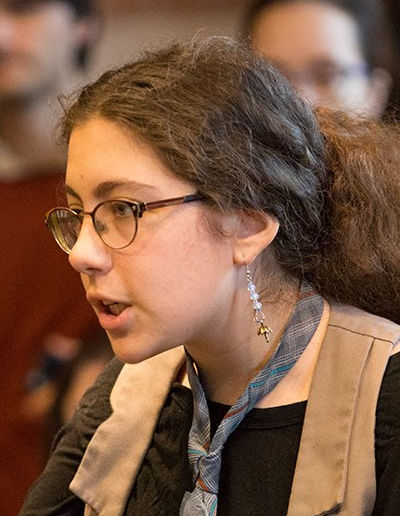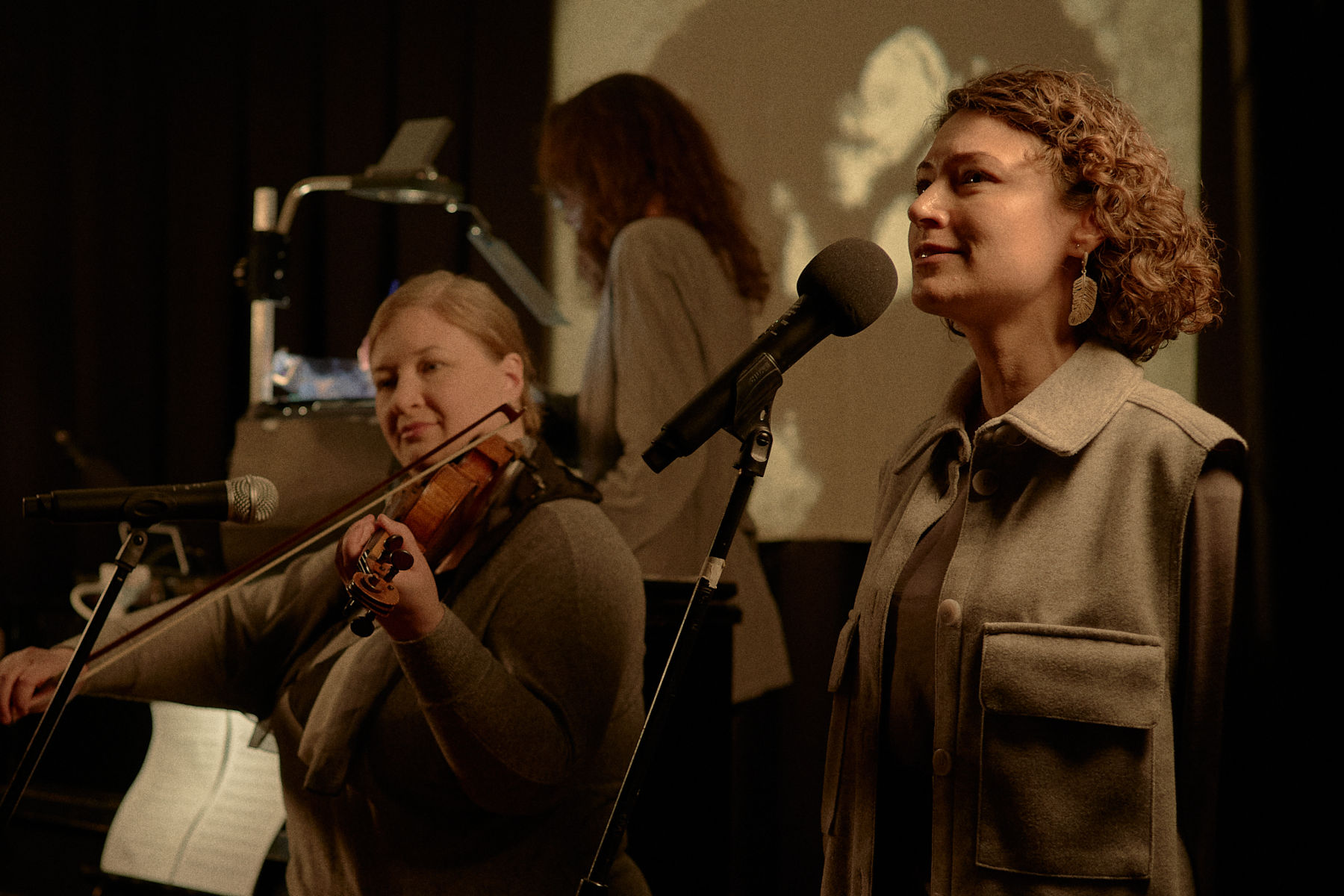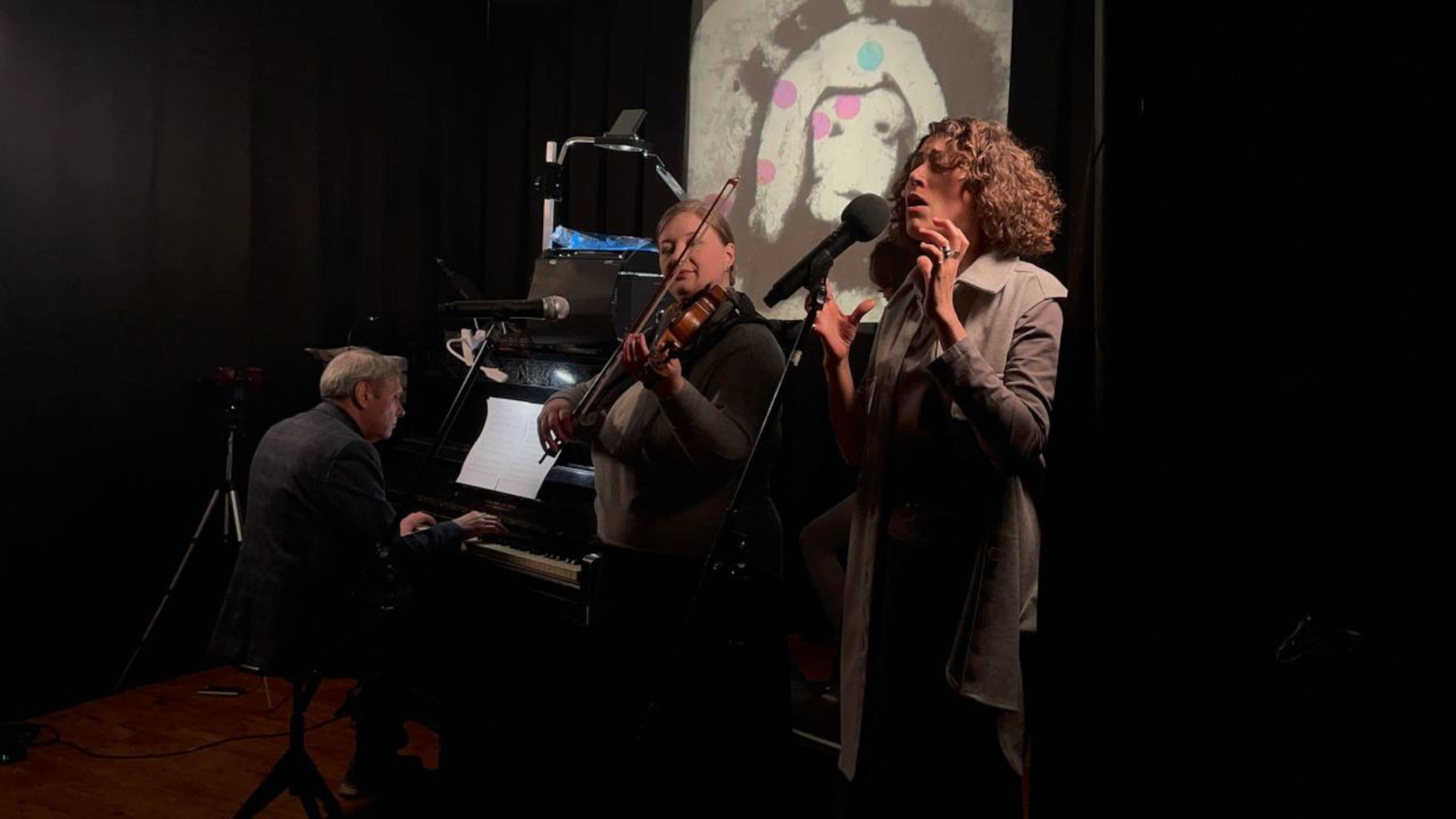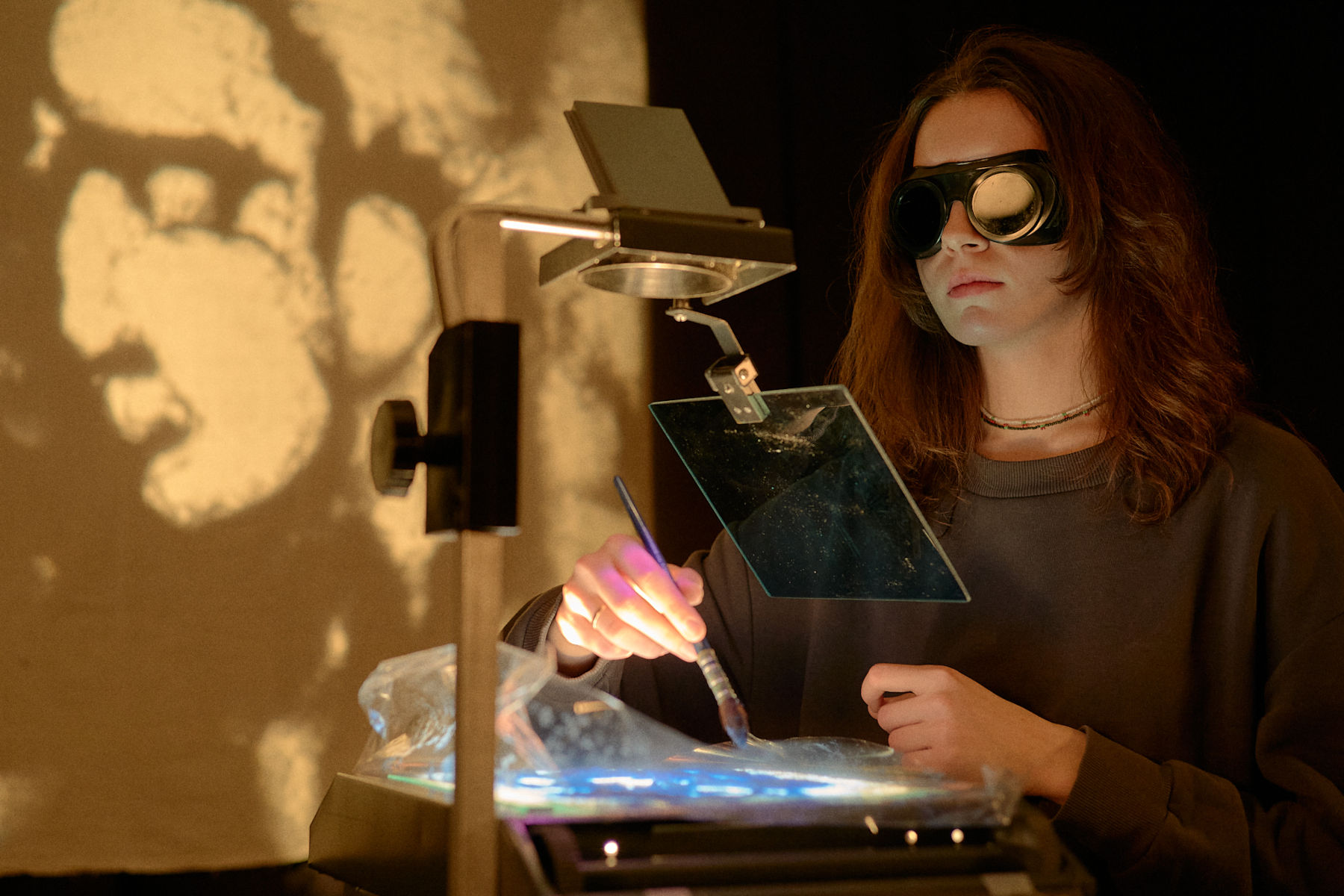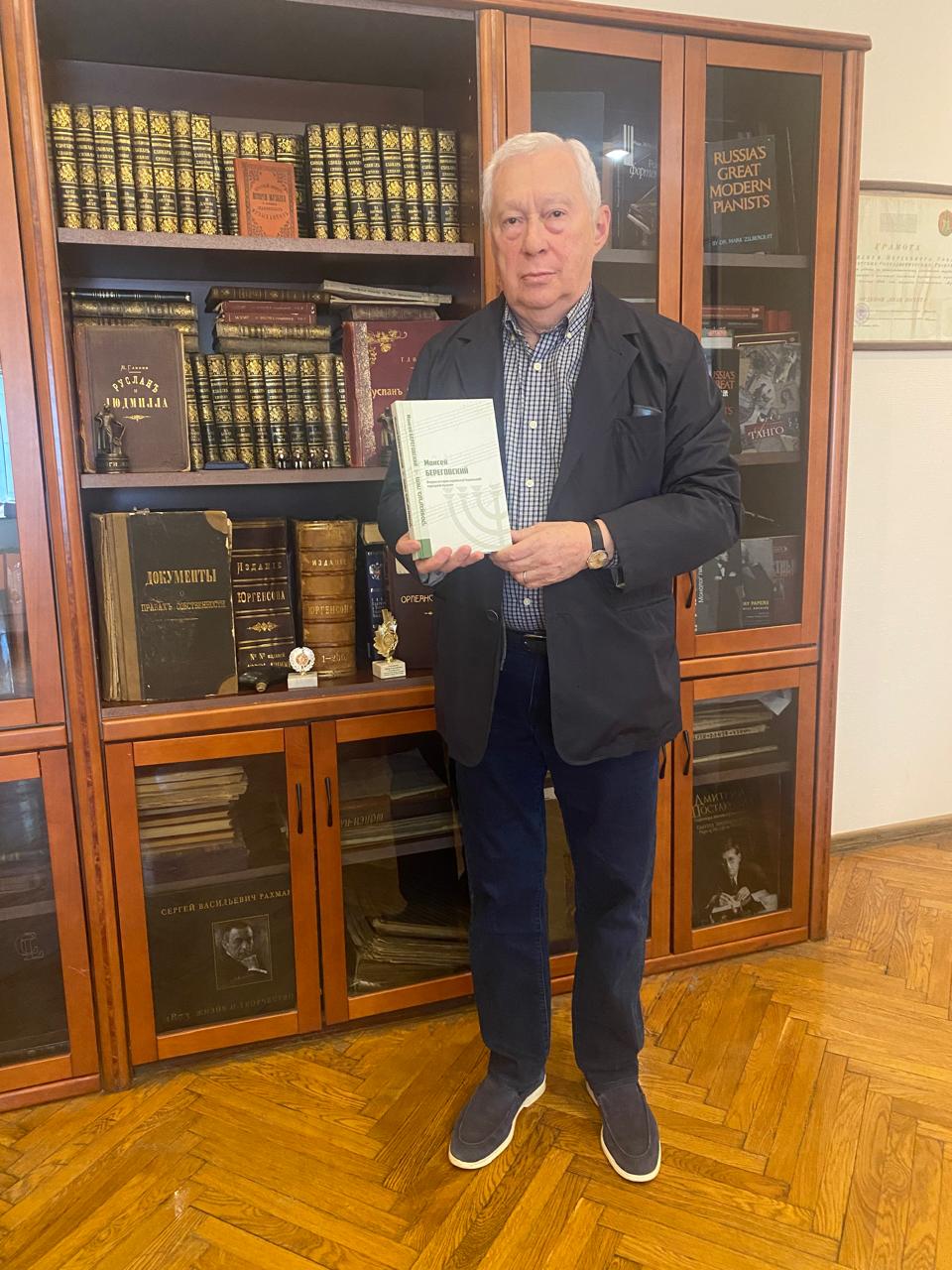
Dr. Mark Zilberquit holding the new Beregovsky book
Muzyka, one of the largest, oldest and most authoritative publishing houses in the world specializing in classical music, has published in Moscow a new academic bilingual Russian-Yiddish book – Moisey Beregovsky: Essays on the History of Yiddish Folk Music.
The book is based on a manuscript by the famous musicologist and folklorist Moisey Beregovsky previously unknown even in academic circles and discovered by Muzyka’s director, Dr. Mark Zilberquit, the founder of our website and of the Yiddish-promoting Heritage Projects Foundation. Its full text is included and edited according to modern literary Yiddish by Yelena Sarashevskaya, the editor-in-chief of the newspaper Birobidzhaner Shtern, and Yoel Matveyev, the editor-in-chief of our web portal.
This publication is a major result of our project’s activities. The publication of this book was supported by Academician Grigory Roytberg, a renowned philanthropist, Chairman of the Board of Trustees of the Russian Jewish Congress.
As an integral part of this volume, high quality scans of Moisey Beregovsky’s original manuscript are presented in our online library. We are also publicly presenting an electronic version of the book free of charge for strictly personal use.
The commented translation of the manuscript by Evgenia Khazdan and Yoel Matveyev is supplied with Evgenia Khazdan’s and Galina Kopytova’s detailed musicological and historical analysis. Khazdan is a renowned musicologist based in St. Petersburg. Galina Kopytova is a major researcher at the Russian Institute of Art History, where the presented Beregovsky manuscript had been discovered.
The book introduces the reader to the world of Yiddish folk music starting from the middle ages, and provides a new glimpse into Soviet Yiddish research. Moisey Beregovsky, who remains the foremost figure in Yiddish folk music studies, had to face unique difficulties in the troubling times of the post-WWII Stalin’s USSR.
We remind our readers that our website contains a rich repository of other unique materials related to Beregovsky, including Evgenia Khazdan’s Biobibliographic Index, also published by Muzyka in 2023 as another important result of our project’s activities.
